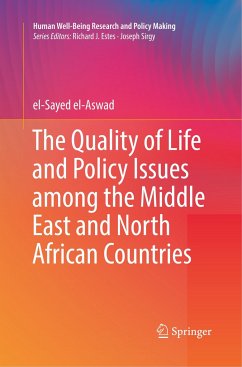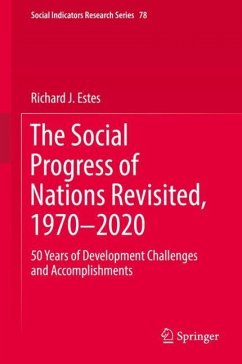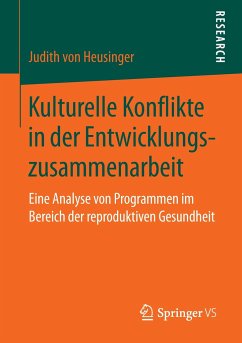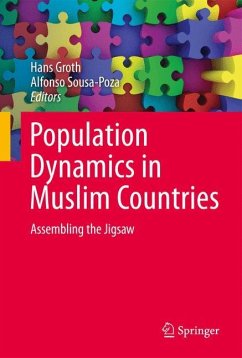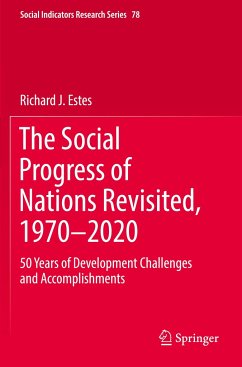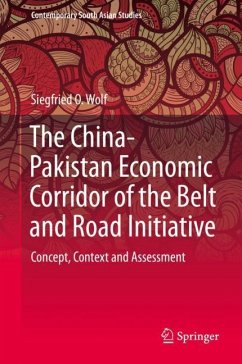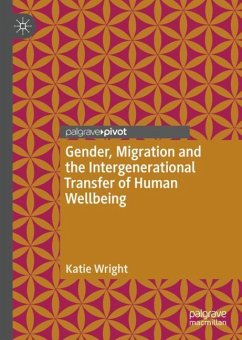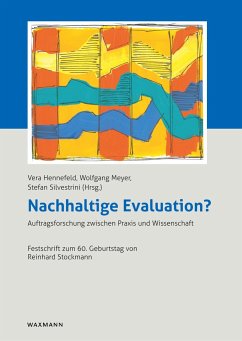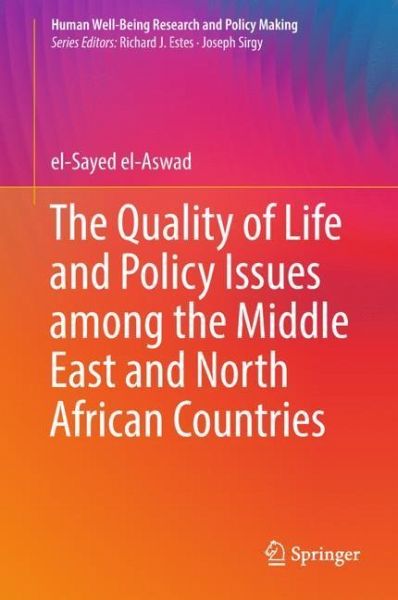
The Quality of Life and Policy Issues among the Middle East and North African Countries
Versandkostenfrei!
Versandfertig in 6-10 Tagen
49,99 €
inkl. MwSt.
Weitere Ausgaben:

PAYBACK Punkte
25 °P sammeln!
This book addresses the challenges threatening the quality of life and well-being of people living in the MENA region. It focuses on both internal / local and external / global drivers impacting their well-being particularly in the domains of economy, health, and education. Additionally, it presents a critical analysis to help readers understand the position that the MENA countries currently occupy in the world. Lastly, it provides policy analysts and decision makers with otherwise hard to obtain data and information related to socio-economic, cultural, demographic, technological, and politica...
This book addresses the challenges threatening the quality of life and well-being of people living in the MENA region. It focuses on both internal / local and external / global drivers impacting their well-being particularly in the domains of economy, health, and education. Additionally, it presents a critical analysis to help readers understand the position that the MENA countries currently occupy in the world. Lastly, it provides policy analysts and decision makers with otherwise hard to obtain data and information related to socio-economic, cultural, demographic, technological, and political factors that have influenced the quality of life there.





